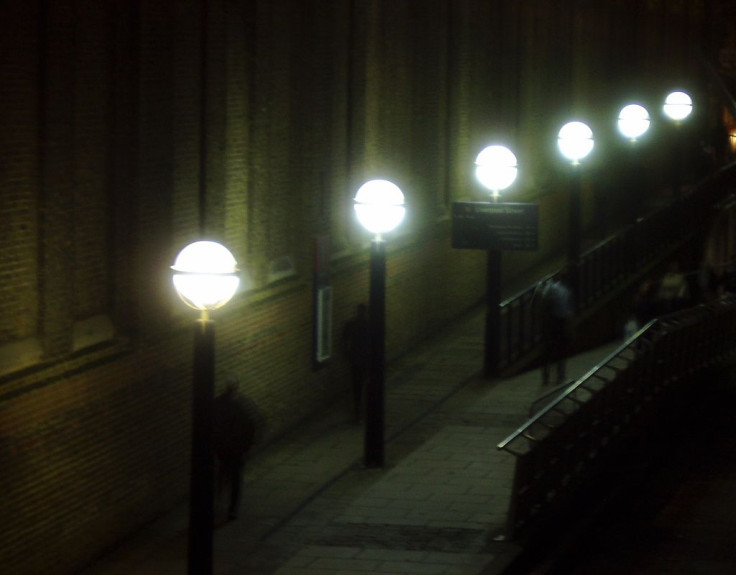Natural Selection, Fear Of Crimes Underlies Women's Preference For 'Bad Boys'

Does a woman's fear of crime make "bad boys" more appealing? It's a possibility, according to a new study published in Evolution & Human Behavior.
"Evolutionary theorists have argued that violence during our ancestral history has contributed to shaping the psychology of women through the production of adaptations that are designed to reduce [victimization] costs," study authors wrote. These victimization costs include physical and psychological pain, such as depression and unwanted pregnancy. These can cause additional costs, such as impaired reproductive health and harm to existing offspring.
Since violent attacks can't always be avoided, individuals must resort to alternative strategies for protection. Some women who feel more vulnerable to crime exhibit "the bodyguard hypothesis," which is the idea women go for men they believe can protect both them and their children "through being physically formidable and dominant." It's a catch 22, though; these traits can also be costly to partners. Aggressive traits predict partner abuse and have been associated with coercion. Aggression is also associated with men who are physically stronger than others.
Based on this, the study authors hypothesized women's vulnerability to violent crime would predict their preference for formidable, dominant men. They recruited women aged 19 to 62 to look at a series of images featuring a lone shadowy male figure in either a crime hot spot (alleyways and backstreets), or a safe spot (open spaces). Women looked at each image for three seconds before they were asked to rate their risk of victimization.
Later in the study female research assistants escorted each woman down predetermined routes of both hot and safe spots; routes featured crime cues, such as alleyways and broken windows. In addition to evaluating their risk of different types of crime that can occur on these routes, including rape and assault, women also evaluated their risk for both male and female assailants. In both experiments, women completed assessments to measure their long-term partner preferences, including men who were dominant, commanding, a bad boy, strong, powerful, and/or could win a fight if necessary.
The results showed a woman's preference for formidable, dominant partners was positively associated with her fear of crime in hot and safe spots; it was also positively correlated with risk perceptions in every situation, both during the day and night. This preference and risk was smaller when the image portrayed a long man in the night, which suggests that "regardless of individual differences in risk perception, women by and large tend to perceive the image of a male figure as risky."
These results indicate the psychological mechanism that underlies the relationship between a preference for so-called bad boys and risk perceptions "seems to be general rather than specific in nature," the study authors wrote. Women with a stronger preference for this type of mate tend to feel more at risk, regardless of circumstances. The latter finding certainly intrigued the authors.
"We thought it was interesting that even when their actual risk was low, women with relatively strong preferences for formidable mates still felt at greater risk of risk of criminal victimization," study co-author Heather D. Flowe told Medical Daily.
For example, women's fear of sexual assault was based largely on their perceived risk, which also contributes largely to behavior to avoid victimazation.
What was not influential, however, was a woman's menstrual cycle. Flowe said she and her colleagues expected to find a link, but they didn't.
"Past research suggests that when walking down a dark alleyway, women should feel more vulnerable when in the fertile phase of the cycle compared to other phases," she said. "However, there was no association between menstrual cycle phase and women's self-assessed vulnerability to criminal victimization."
Taken together, the two experiments indicate there's a "robust" relationship between perceived vulnerability and preferences for strong, dominant men.
Source: Ryder H, Maltby J, Rai L, Jones P, Flowe HD. Women's fear of crime and preference for formidable mates: How specific are the underlying 5 psychological mechanisms? Evolution & Human Behavior. 2016.



























